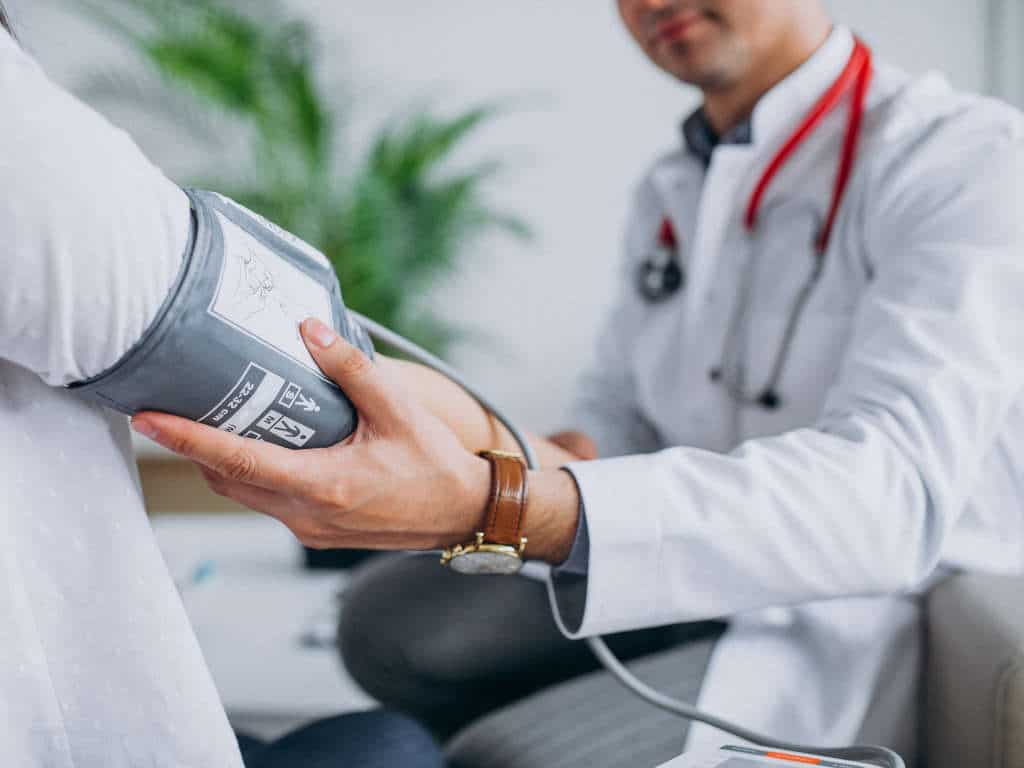
Detox from various substances is a common barrier for addicts and alcoholics seeking recovery. The pain and discomfort of withdrawal can be unmanageable and sometimes life threatening. Each addictive substance comes with its own symptoms and treatments. The following will provide description to identify the onset of withdrawal from each addictive substance. While it can be used as a resource, proper treatment for detoxification should be sought from a doctor or licensed detox facility.
Alcohol Detox
The National Dietary Guidelines recommend a cautious approach to alcohol consumption, with women limiting themselves to 1 drink daily (7 per week) and men consuming no more than 2 drinks per day (14 per week). Consuming more than this level of alcohol increases a person’s risk of liver disease, cardiovascular disease, and other injuries. Even drinking within the recommended limits or at lower levels may increase a person’s cancer risk and can increase their risk of physiological dependence.
Misuse of alcohol refers to alcohol use that places someone at risk for experiencing physical health problems, mental health issues, and social problems. Having more than the dietary guidelines is generally considered alcohol misuse. Binge drinking, a form of alcohol misuse, is when a man has 5 or more drinks, or a woman has 4 or more drinks within a short period of time.
Binge drinking and/or alcohol misuse can increase someone’s risk of developing an Alcohol Use Disorder (AUD). An AUD is a disease characterized by the inability to control alcohol use despite negative, harmful consequences. Craving alcohol, having a tolerance to the effects of alcohol, and experiencing withdrawal symptoms when someone tries to stop drinking are some of the criteria that point toward having an AUD.
When a person has a physiological dependence on alcohol, the withdrawal symptoms that are experienced after they significantly reduce or stop drinking can be extremely distressing and uncomfortable, and people commonly return to drinking alcohol as a way of relieving their discomfort.
Signs and symptoms of alcohol withdrawal may include:
- Headaches.
- Anxiety.
- Tremors or shakes.
- Insomnia.
- Fatigue.
- Mood changes.
- Gastrointestinal disturbances.
- Heart palpitations.
- Increased blood pressure or heart rate.
- Hyperthermia (i.e., overheated body).
- Rapid abnormal breathing.
- Hallucinations.
- Seizures.
Opiate Detox
Opioids include both opiates (drugs derived from the opium poppy, including morphine, codeine, heroin, and opium) and synthetic opioids like hydrocodone, oxycodone, and methadone. Both types have similar effects.
When one takes opioid medications for a long time, their body becomes desensitized to the effects. Over time, their body needs more and more of the drug to achieve the same effect. This can be very dangerous and increases a person’s risk of accidental overdose. Prolonged use of these drugs changes the way nerve receptors work in the brain, and these receptors become dependent upon the drug to function. If a person becomes physically sick after they stop taking an opioid medication, it may be an indication that they’re physically dependent on the substance. Withdrawal symptoms are the body’s physical response to the absence of the drug.
Many people become dependent on these drugs in order to avoid pain or withdrawal symptoms. In some cases, people don’t even realize that they’ve become dependent. They may mistake withdrawal for symptoms of the flu or another condition.
The symptoms one experiences will depend on the level of withdrawal they are experiencing. Also, multiple factors dictate how long a person will experience the symptoms of withdrawal. Because of this, everyone experiences opioid withdrawal differently. However, there’s typically a timeline for the progression of symptoms.
Early symptoms typically begin in the first 24 hours after you stop using the drug, and they include:
- muscle aches
- restlessness
- anxiety
- lacrimation (eyes tearing up)
- runny nose
- excessive sweating
- inability to sleep
- yawning very often
Later symptoms, which can be more intense, begin after the first day or so. They include:
- diarrhea
- abdominal cramping
- goosebumps on the skin
- nausea and vomiting
- dilated pupils and possibly blurry vision
- rapid heart rate
- high blood pressure
Although very unpleasant and painful, symptoms usually begin to improve within 72 hours, and within a week you should notice a significant decrease in the acute symptoms of opiate withdrawal.
Benzodiazepine Detox
Benzodiazepines are a powerful class of medication used to treat anxiety, insomnia, and panic disorder. Examples of benzodiazepines include alprazolam (Xanax) and diazepam (Valium). While they can quickly relieve symptoms of anxiety and panic, these drugs pose a high risk of dependence. In other words, the body may rely on benzodiazepines to function if taken frequently and for more than a short period of time. When someone stops taking them, they may experience symptoms of withdrawal. Dependence and withdrawal can happen to anyone, even if the medication is taken exactly as instructed.
The most common benzodiazepine withdrawal symptoms include:
- sweating
- tachycardia (fast heartbeat)
- changes in vision
- nausea
- restlessness
- tremors
- confusion
If someone is predisposed to seizures, their risk of having a seizure may also increase during the withdrawal period. These symptoms usually last 2 to 4 weeks, at most. They can range in severity, though for some people, they remain mild and manageable.
Amphetamine Detox
Amphetamines are synthetic, addictive, mood-altering drugs used as a stimulant to the central nervous system. Two examples of amphetamines are Adderall, which is a prescribed medication, and methamphetamine or “crystal meth”, which is an illegal drug sold on the street. Although Adderall is a legal form of amphetamine and is generally prescribed to patients with ADHD to help them focus and concentrate, it can be misused and very addicting. Adderall boosts levels of dopamine, a key player when it comes to maintaining focus and attention. Those dopamine levels drop when one stops taking the drug, causing their body and brain to adjust to the change. Most people who take it as directed don’t have any issues when they quit. But if they use it too often or too much, they may notice effects when they try to stop.
If someone has been taking Adderall for a long time, or misusing it, they may notice that they feel hungover or intoxicated when they quit taking it. This can be a sign of stimulant withdrawal. Other symptoms of Adderall withdrawal are depression, irritability, or other changes in mood. Some people may have a hard time sleeping or feel unusually tired or fatigued. They may also experience nausea, stomach cramping, or vomiting.
Symptoms of Amphetamine Withdrawal
- Fatigue and/or sleeping for unusually long periods of time
- Increased appetite
- Uncontrollable body movements and twitches
- Slowed reaction and movement
- Confused thoughts
- Body aches and pains
- Irritability and/or agitation
- Lucid dreams or unpleasant dreams
- Emotional outbursts
- Depression
These symptoms can continue for weeks and even months after a person stop using amphetamines.
Withdrawal is inevitable for anyone abusing or misusing these chemicals for a prolonged period of time. People who have found they have lost control in using or not using these substances should seriously consider seeking detoxification in a licensed drug and alcohol detox facility, followed by a stay in an inpatient drug rehab facility. If you or a loved one is in need of help, give us a call today. Our Tennessee drug rehab programs are of the highest standards and quality.


















